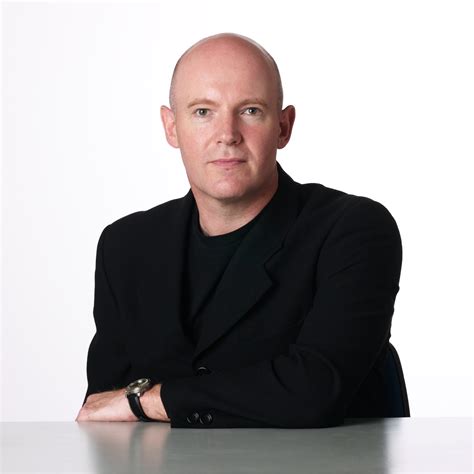A Quote by Gordon Hempton
Noise pollution is basically defined as the presence of simple information that makes it impossible to hear all the other more delicate - and often more important - information. Noise pollution creates, if you will, dumb environments. Our industrial areas, many of our downtown urban areas, are dumb acoustic environments. Very simple, very loud, often unhealthy.
Related Quotes
Healthy areas that are richest in information are those areas in the wild where we can get all the information that's available to us within our human hearing range. The most valuable information throughout human evolution has been faint sounds. We tend to think in our modern world that if it's loud, if it grabs our attention, it's important. We get a lot of that in advertising. But in nature, it's the faintest sound that's important; it has determined, in the past of our ancestors, perhaps, if they will live or die. Faint sounds are the earliest clues of newly arriving information.
As you probably know, I'm often accused of intellectual exhibitionism and all forms of elitism. Although I can understand this point of view, it's a rather wasted argument because, if we regard areas of information as being elite and therefore somehow not usable, it means our centre-ground of activity becomes very, very impoverished.
Many environmentalists have failed to recognize that the preservation of quiet areas, places off-limits to noise pollution, should probably be a number-one environmental concern, not something we're going to get to later. And I say that because in that quiet is a whole experience that people can have that reaches to their soul. I like to think of quiet places in nature as the think tank of the soul. It's in these very basic levels that we'll be able to see what the real problem is.
I don't think we should have less information in the world. The information age has yielded great advances in medicine, agriculture, transportation and many other fields. But the problem is twofold. One, we are assaulted with more information than any one of us can handle. Two, beyond the overload, too much information often leads to bad decisions.
An acoustic ecologist is a listener who is aware that sound is information. It's information because it's created by events, events produce sound, and that sound has all kinds of data, if you will, that conveys what event occurred, what the materials were, whether it was sudden, slow, loud, in what direction. And because it is information, we can think of it as a message. The acoustic ecologist studies information systems that are both intentional and sometimes wild.
If you visit American city, You will find it very pretty. Just two things of which you must beware: Don't drink the water and don't breathe the air. Pollution, pollution, They got smog and sewage and mud. Turn on your tap and get hot and cold running crud. See the halibuts and the sturgeons Being wiped out by detergents. Fish gotta swim and birds gotta fly, But they don't last long if they try. Pollution, pollution, You can use the latest toothpaste, And then rinse your mouth with industrial waste.































